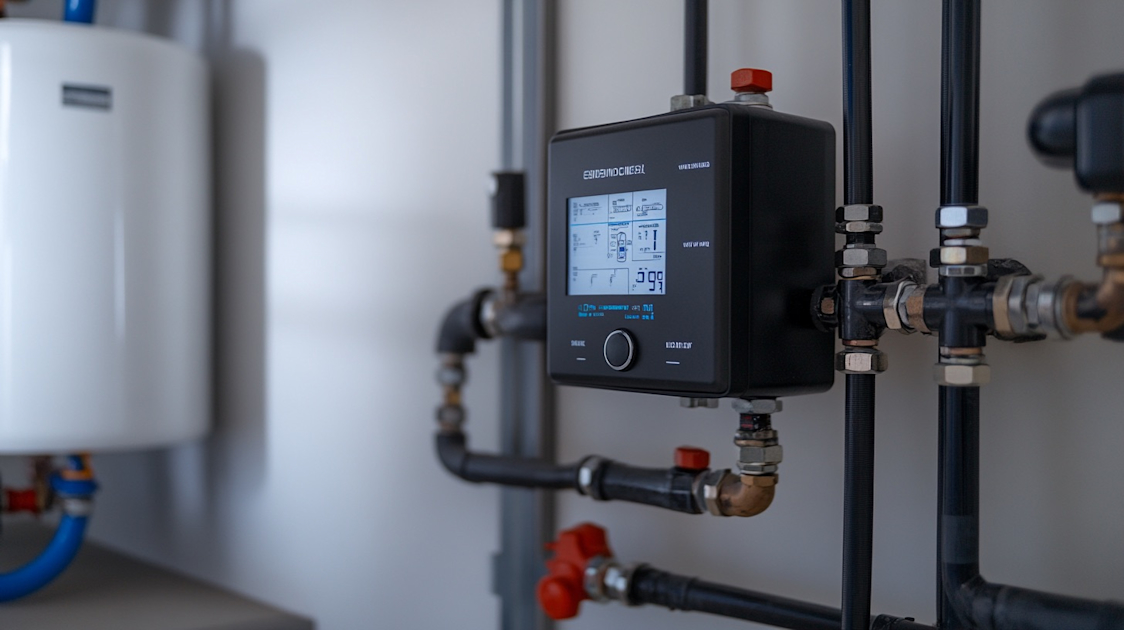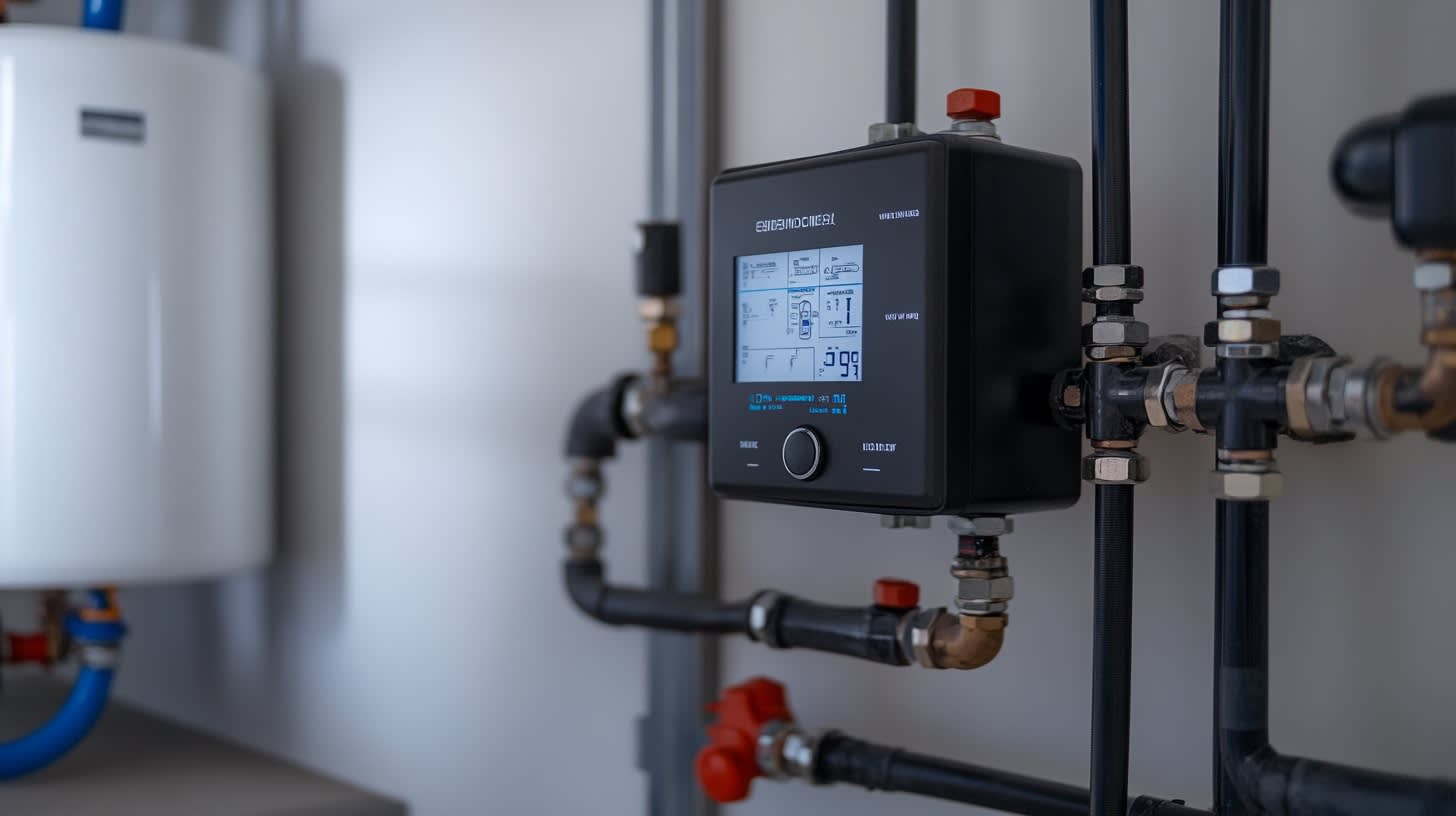When it comes to water consumption, efficiency, and cost-effective management, it's impossible to ignore the significance of water meters. They are the unsung heroes in the world of water management, offering a myriad of benefits to homeowners, municipalities, and industrial hubs. This article dives deep into the world of water meters, their importance, classifications, and modern technologies shaping their use.
What is a Water Meter?
Each drop of water is vital and needs to be accounted for. The tool responsible for this crucial task is the humble water meter. A water meter, in its most straightforward definition, is a device designed to monitor and calculate the volume of water consumed over a particular period. With this data, water companies can bill their customers fairly, households can understand their consumption patterns, and municipalities can manage their resources proficiently.
The Relevance of Water Meters
In the global landscape, climate change, urbanisation and population growth make water an increasingly scarce essential resource. Therefore, managing its use becomes more than just a fiscal matter — it's a global responsibility:
- Monitoring of water consumption: Efficiently measuring water usage can provide important insights into your daily habits, potentially revealing ways to make significant savings by reducing water waste.
- Fair billing: Water meters ensure that charges tied to water usage are fair and proportionate, relative to each household's consumption.
- Resource Management: From a broader perspective, water meters largely influence infrastructural planning and strategy in water-scarce areas.
Types of Water Meters
There's a diverse range of water meters to cater for different requirements, and being knowledgeable about their specifications can help one make the most suitable choice.
1. Mechanical Water Meters
Frequently found in residential settings, these meters operate on the movement of water. They can be further broken down into three types:
- Positive Displacement Meters — measure the total volume of water used.
- Velocity Meters — measure water speed to calculate the volume used.
- Multi-Jet Meters — use a series of internal channels alternately filled and emptied to measure flow.
2. Electronic Water Meters
In line with technological advancements, these high-precision meters use electrical components to measure water flow. Their types include:
- Magnetic Flow Meters — rely on Faraday’s Law of electromagnetic induction to calculate water flow.
- Ultrasonic Meters — use sound waves to determine the velocity of water to then calculate its volume.
The Influence of Modern Technologies on Water Meters
Emerging digital era trends like the Internet of Things (IoT) and telematics are dramatically changing the way water meters operate:
- Smart Meters – These digital devices relay data instantly to a central system, not only helping homeowners monitor real-time water use but also enabling water utility companies to detect leaks promptly.
- AMR (Automatic Meter Reading) – These devices allow data to be collected remotely, eliminating errors and inefficiencies from manual reads.
- AMI (Advanced Metering Infrastructure) – An integrated system of smart water meters, communication networks, and data management systems, AMI provides continuous monitoring, timely alerts, and incremental billing, paving a way for efficient water management.
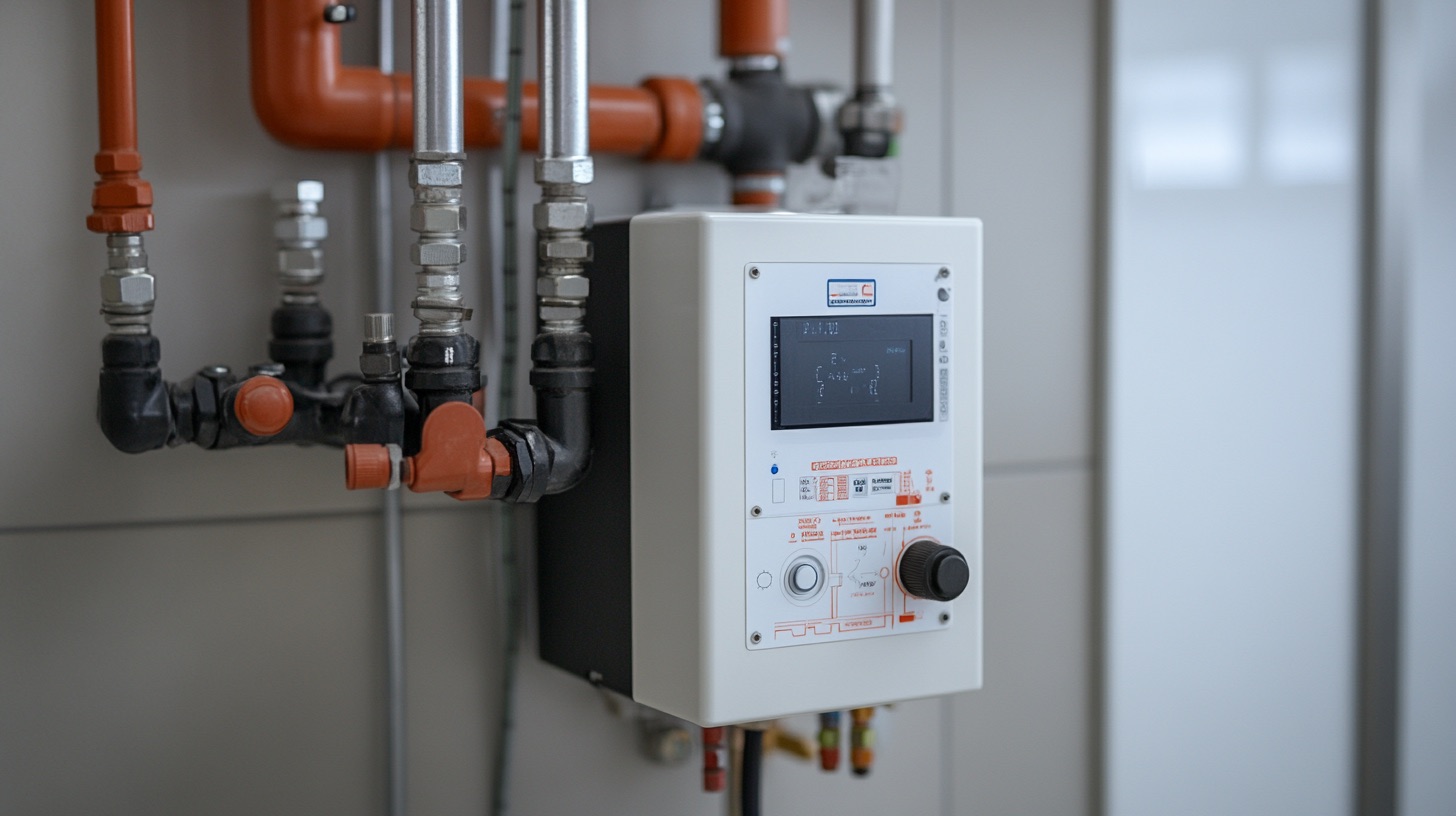
Frequently Asked Questions about Water Meters
Why Do I Need a Water Meter?
Like any other metrics system, a water meter serves to measure consumption which then allows for billing based on usage. It assists utilities companies in generating accurate bills, rather than estimates which may usually result in overcharges. Apart from checking the consumption rates, water meters also serve to alert for possible leaks, hence they function as a leak detection tool as well.
How Do I Read a Water Meter?
Reading a water meter involves checking the meter register, a feature that appears like a car odometer or a clock face, depending on your specific model. The readings typically show the amount of water used in gallons or cubic feet. The readings run from left to right which makes it simple to jot down your usage.
How Often Should a Water Meter be Replaced?
Capable as they are, water meters are not immortal. Like any device, wear and tear over continuous use is inevitable. Usually, the life span of an average residential water meter typically extends to about 15 years. After that, the meter may start to progressively lose its accuracy. To prevent any discrepancies, it is advisable to replace it.
What are Smart Water Meters?
Smart water meters are an upgrade to the traditional meter system. They not only measure your water consumption but also send this data directly to the water company. This technology eliminates the need for manual readings and allows you to monitor your water usage conveniently over a specific period. This helps in detecting possible leaks and reducing water wastage.
Are Water Meters Accurate?
Water meters are engineered to be extremely accurate and conform to ANSI/AWWA standards. Provided that they are within their life span and not compromised by physical damages or environmental factors, they are typically 98% - 100% accurate. However, as they age, their accuracy may decrease. Regular checks can ensure top-level accuracy.
I Think My Water Meter Reading is Wrong, What Can I Do?
If you suspect a reading error by your water meter, it helps first to check for potential water leaks in your connection. A higher-than-usual reading often signals a leakage. Checking your usage history for sudden increments can also be a pointer. If you still believe the reading is wrong, you can request your local utility company to test the meter's accuracy.
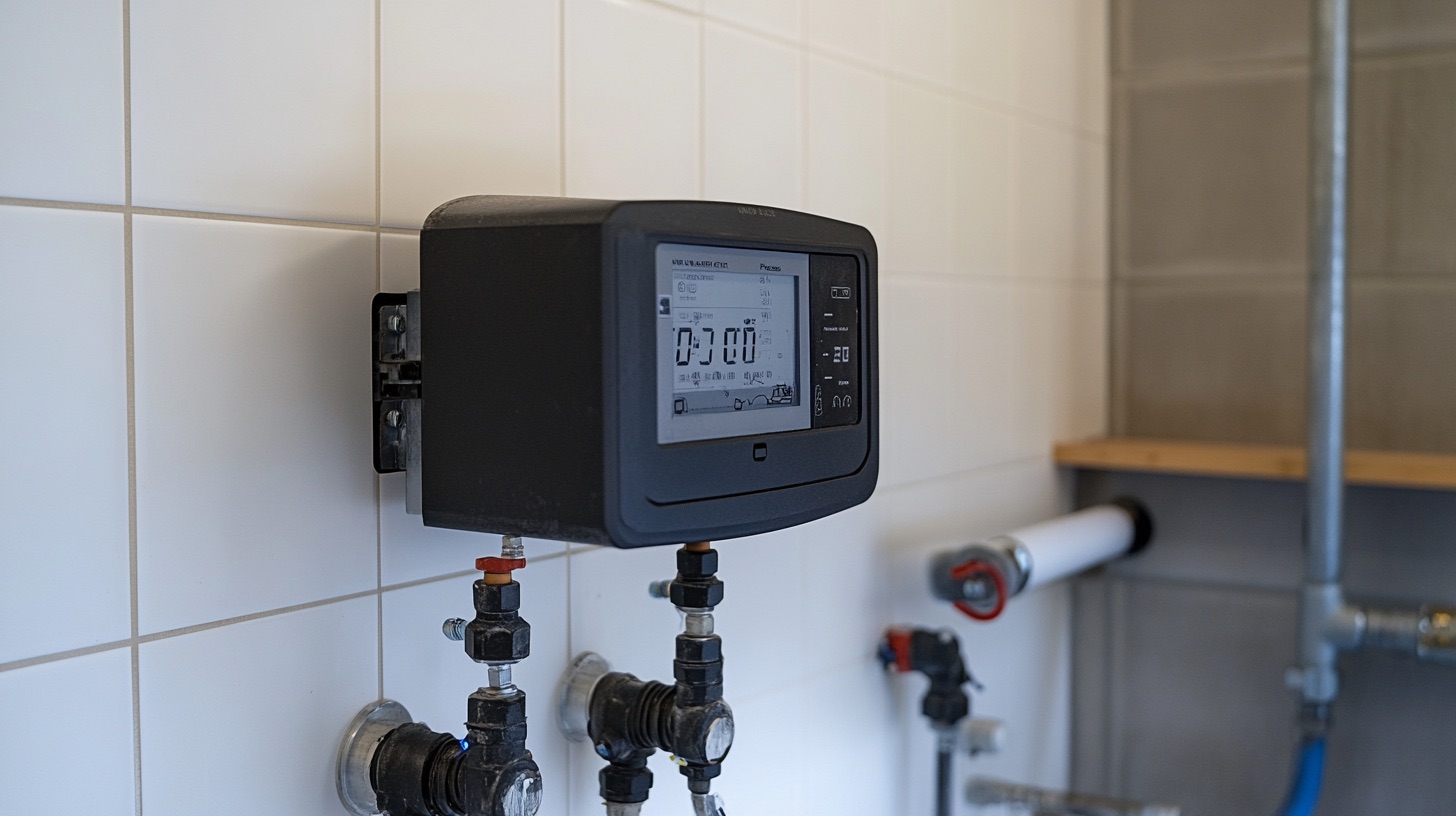
Pros of Water Meters
Encourages Water Conservation
Arguably the biggest benefit of water meters is their ability to promote water conservation. By paying for the actual volume of water used, consumers are likely to be more cautious of their water usage. This can lead to a reduction in wasteful practices, such as leaving the tap running unnecessarily.
Provides Accurate Billing
With water meters, consumers pay for exactly what they use. This is drastically different from the traditional approach where customers pay a flat rate for water, regardless of how much they use. Water meters ensure that usage is transparently accounted for, making for a far fairer billing process.
Helps Identify Leaks
Another advantage of water meters is that they can help identify any leaks or irregularities in water use. An unexplainable increase in water consumption on the meter can point towards a potential leakage, which can be fixed before it leads to more water and money loss.
Enables Better Resource Management
For water companies, meters provide valuable data that can reveal peak usage times and patterns. This can help in better managing resources and planning for future needs. Also, it enables the water companies to better identify and address issues related to their water network, like leaks that go unnoticed in unmetered systems.
Cons of Water Meters
Installation and Maintenance Costs
Water meters come with costs for initial installation, ongoing maintenance and periodic replacement. These can be hefty, particularly for large properties, and can pose a considerable financial strain for the customers.
Billing Can Increase for Some Users
For households with high water usage, the introduction of a water meter can lead to an increase in utility bills. This can be particularly onerous for large families.
Disputes Over Readings
There might be disputes over meter readings, especially if the customer believes their meter is inaccurately calculating their usage or is faulty. Resolving such disputes can be difficult and time-consuming.
Inflexibility
Unlike with flat-rate billing where bills remain constant, meters tie charges directly with consumption. During periods of increased need, like a particularly hot summer or having guests over, water bills can spike.
Can Be Inequitable
The cost of water is distributed unevenly with water meters. Those with more disposable income may not be impacted by the price signal and may easily afford their higher usage, while lower-income families may bear the brunt of conserving water to keep costs down.
Potential Health Risks
A minor but noted concern is that aggressive water conservation following the installation of water meters has potential health implications. People may avoid practices like regular hand washing if they are extremely worried about the cost, thereby risking health.
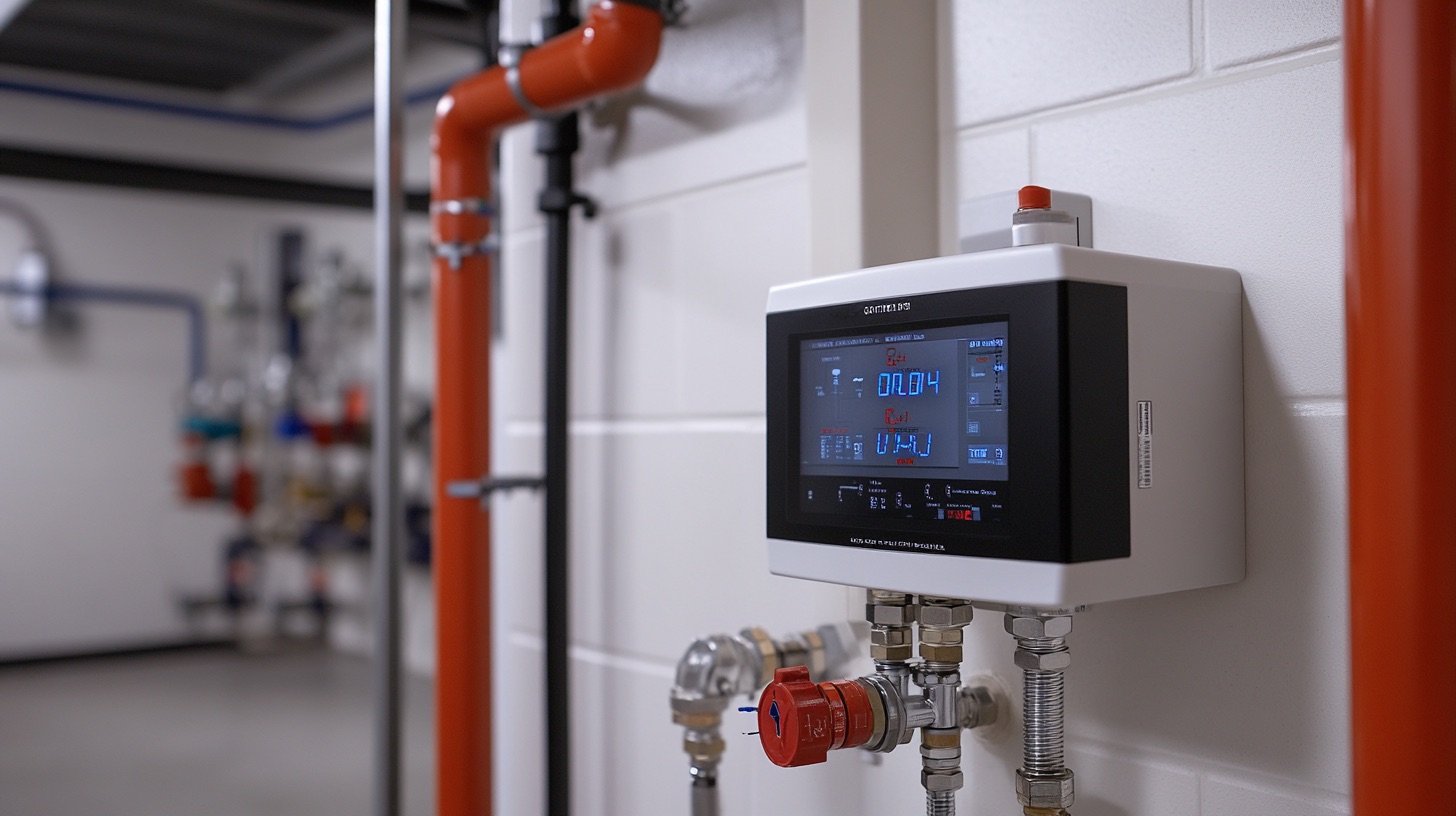
Myths and Misconceptions about Water Meters
The complex world of water meters is dotted with several myths and misconceptions, primarily because many people lack a thorough understanding of how these devices function. With a subject as essential as water conservation, it is important to dispel these misunderstandings to ensure accurate knowledge and responsible usage. This discussion aims to bust some of these myths and misconceptions about water meters.
'Water Meters can Increase Your Bill'
One widely spread misconception about water meters is that they automatically lead to increased water bills. While water meters measure your water usage and can potentially expose excessive water consumption, they don't inherently increase water bills. Your bill depends primarily on your water usage. If a meter shows a high reading, it reflects high water consumption in your home, not a fault with the meter.
'Water Meters are Incredibly Expensive'
It's a common myth that water meters cost a fortune. Yes, they can be an investment initially, especially if you want to have meters that are outfitted with advanced technology. But, over time, a water meter could indeed save you money by providing detailed readings of your water consumption. This can encourage responsible water usage, and can help to ensure you're only paying for the water you're actually using.
'Water Meters are Unnecessarily Complicated'
Many people believe that water meters are too complex to be worth the hassle. In reality, modern water meters are designed for straightforward usage, and most come with user manuals or instructions that guide you about the installation process, routine checks, and how to interpret readings. Moreover, professionals are always available to provide help or clarify doubts.
'Water Meters Require Constant Maintenance'
'Maintenance is Time-Consuming and Costly'
There's a misconception that water meters require regular, time-consuming, and costly maintenance. The truth is that maintenance needs largely depend on the quality of the meter. High-quality devices typically require minimal upkeep besides the occasional check or clean.
'I will Incur High Costs If My Meter Breaks'
While it's true that repairs can be expensive for any technology, most water meters come with warranties that cover repairs or replacements within a certain timeframe. Also, water meters are typically built to last and do not break down or malfunction easily.
'Water Meters Don't Really Help Save Water'
A popular myth suggests that water meters don't effectively contribute to water conservation. Reality, however, paints a different picture. With a water meter, users can keep track of their water consumption and hence can identify any patterns of overuse or wastage. This knowledge fosters conscious usage and can contribute significantly to water conservation efforts.
Ultimately, an understanding of how water meters function is essential to debunk these misconceptions. They are not perfect devices, but they are an important tool in monitoring water usage and encouraging sustainable practices.
Summary
Water meters are an essential part of our daily lives, providing accurate readings for water usage that factor into our monthly utility bills. These devices help us understand exactly how much water we consume. This aids in fostering a culture of water conservation, leading to a greener lifestyle.
Understanding how water meters operate can help us better manage our water usage. If we notice a sudden increase in our water bill without any obvious reasons, it could be due to a malfunctioning water meter. Meter maintenance and timely repairs are important to ensure accurate readings and to avoid overcharges.
Furthermore, newer models of water meters are now equipped with smart technology. These hi-tech meters come with automated systems that record water usage in real time, making it easier for both consumers and utility companies to monitor water consumption more effectively. So, installing the right kind of water meter can indeed lead to substantial savings and a more responsible use of our precious water resources.
About KYPD Plumbing
KYPD Plumbing is your neighborhood plumbing expert in Lexington, KY. Living up to our reputation as a reliable, efficient, and customer-first service, we've been sorting out the city's plumbing concerns with a smile for the past decade. We're an integral part of the Lexington community, and we care about its homes as much as ours. Our team is equipped with the latest tools and trained in the latest techniques to ensure a fast and efficient solution to all your plumbing needs. When you choose KYPD Plumbing, you’re choosing exceptional workmanship, 24-hour service, and absolute peace of mind. Tackling plumbing problems no matter how big or small, we're here to maintain the flow of life in Lexington.
Tags: utility, consumption, measurement,

